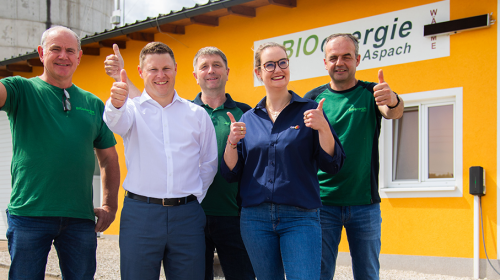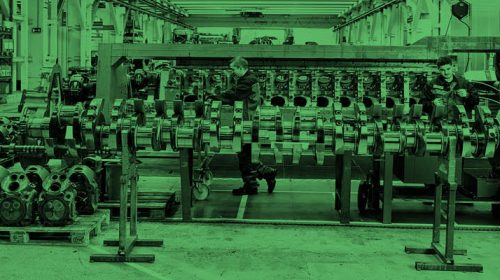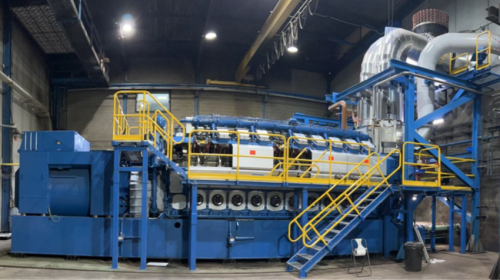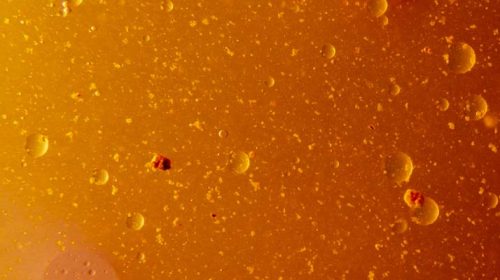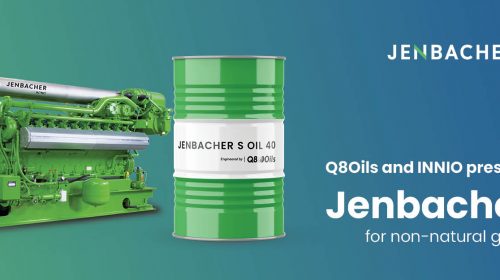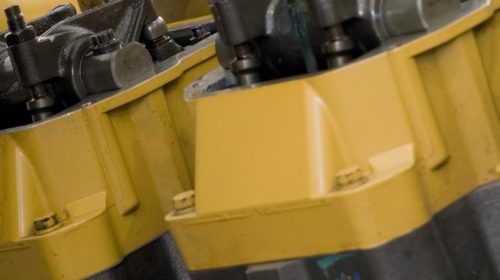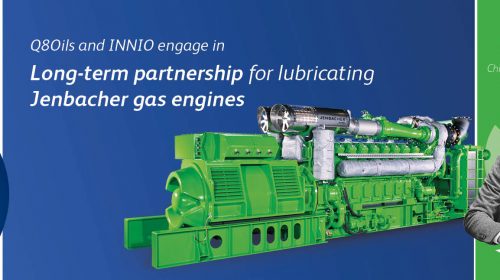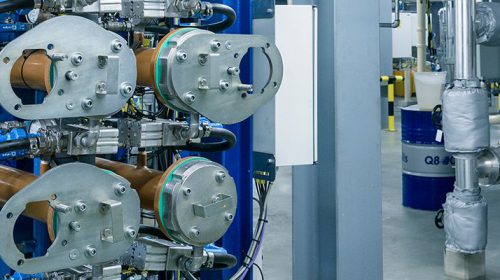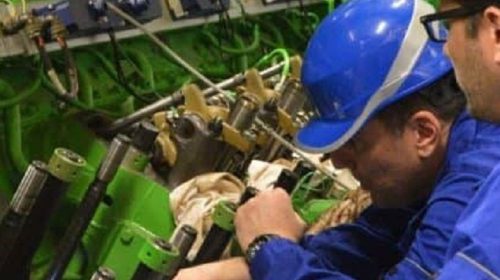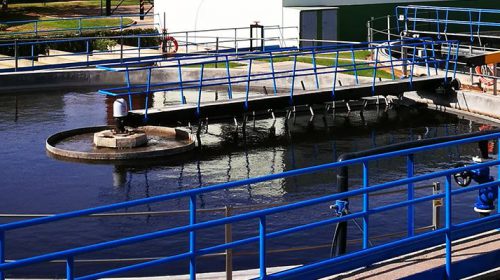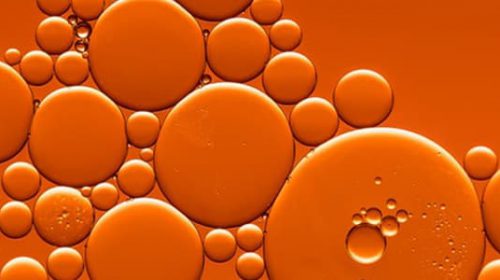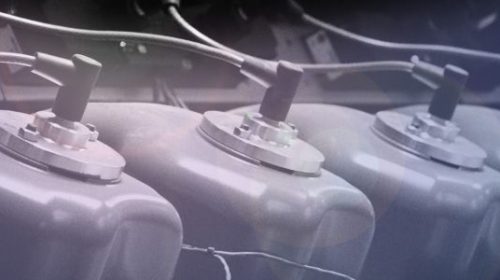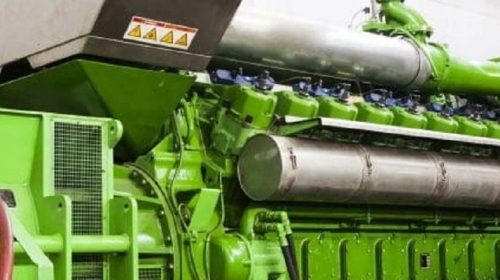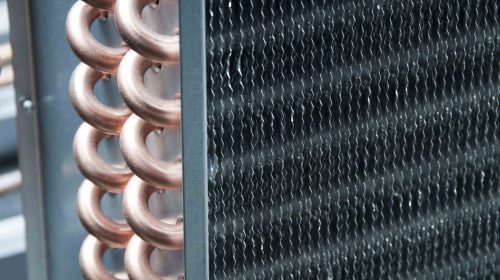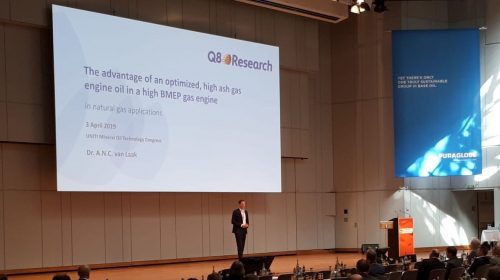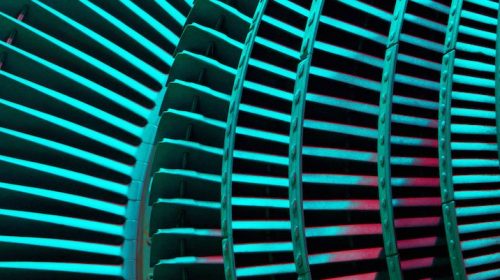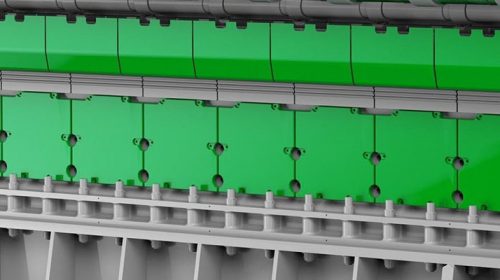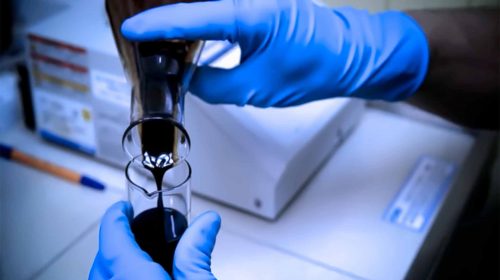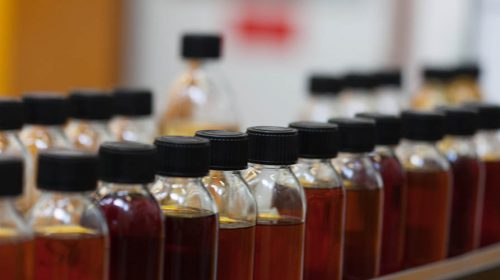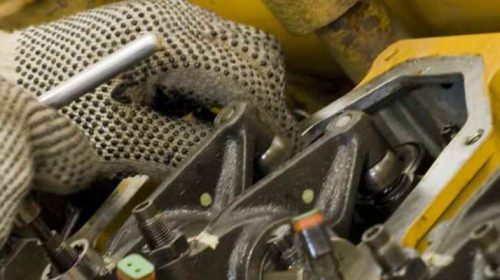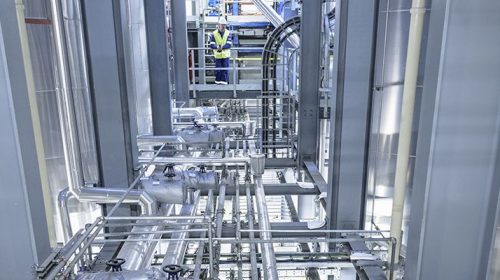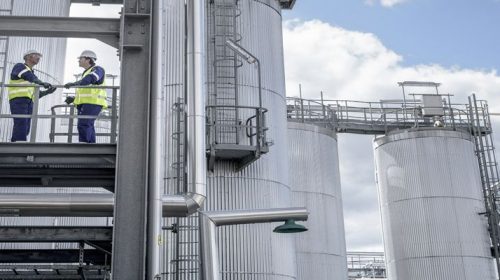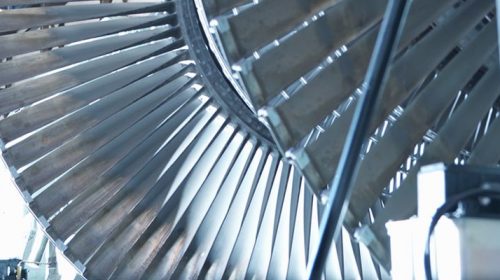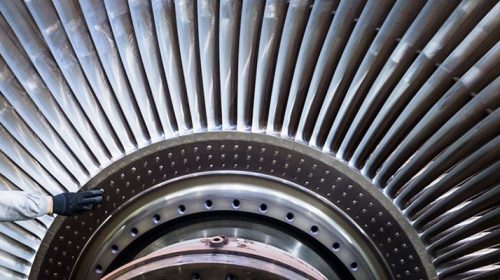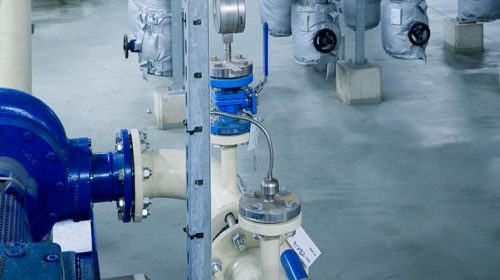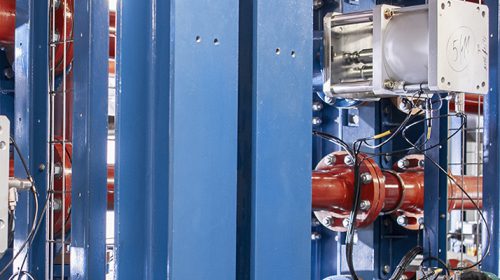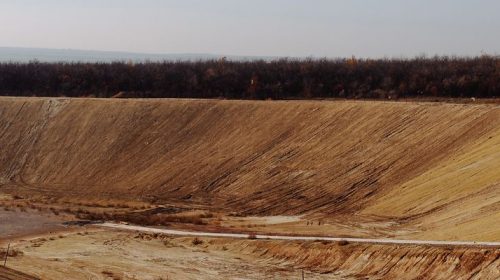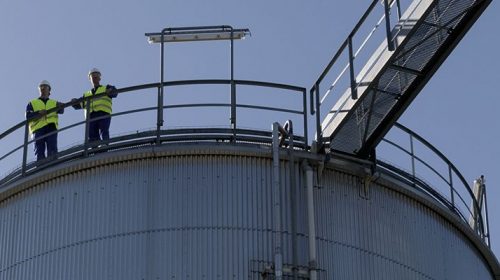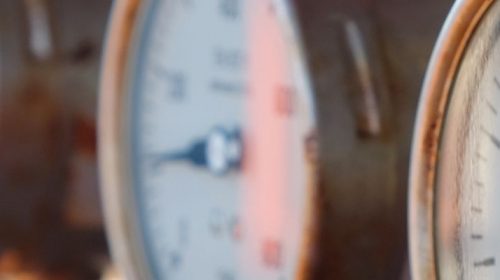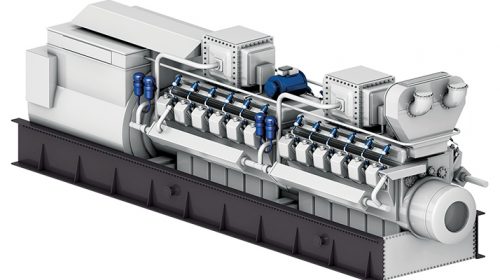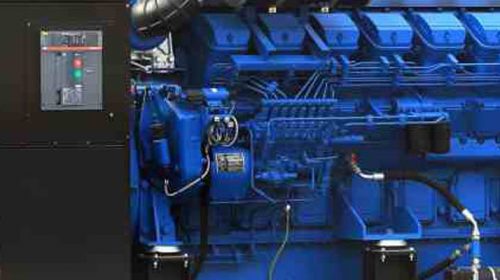There is an increasing number of high efficiency engines on the market. Gas engines in particular are used in a wide variety of applications such as CHP (Combined Heat and Power), in greenhouses or PowerGen applications to meet fluctuations in local electricity demand. Gas engine systems make use of a broad range of gaseous fuels as fuel gas.
Different challenges, different gas types
Gas engines can produce electricity in parallel with the local electricity grid, in island mode operation, or for power generation in remote areas. The physical and chemical characteristics of the different gas types vary enormously. Gas engines are designed to function within a very strict range of characteristics and are often very sensitive to changes to these characteristics. The engine system is optimally matched to the defined fuel-gas composition for which it was designed. If the fuel gas does not comply with the requirements, this can have adverse effects on engine operation.
Gas types characteristics
There are four commonly used gas types in gas engine systems:
- Natural gas
- Mainly composed of 80-98% methane.
- Biogas
- Gas generated by bacterial decomposition of organic materials in solid waste such as sludge, agricultural, food and vegetation waste.
- Engine oils for biogas installations need to control acid build up.
- Containing impurities and corrosive elements such as hydrogen sulphide.
- Landfill gas
- Gas recovered from anaerobic degradation of organic compounds in household and industrial waste.
- Landfill gas can contain abrasive particles such as siloxanes.
- Engine oils designed for landfill have to control strong acids and deposits to a much greater extent than required for ‘clean gas’ service.
- Sour gas
- Composed of roughly half methane and half carbon dioxide.
- Containing a number of impurities and acids that must be neutralised to prevent engine damage.
Gas engines require high performance lubricants
Gas engines running on biogas, landfill gas, natural gas or sour gas are subjected to extreme operating conditions, especially around the combustion chamber. Each gas type presents its own challenges.
Q8Oils has developed gas engine lubricants that neutralize the acids that are formed due to the sour components from the gas like hydrogen sulphide, extending oil-drain intervals and engine life.
For engines running on biogas, landfill gas and sewage gas, Q8 Oils efficiently controls acids and damaging deposits.





